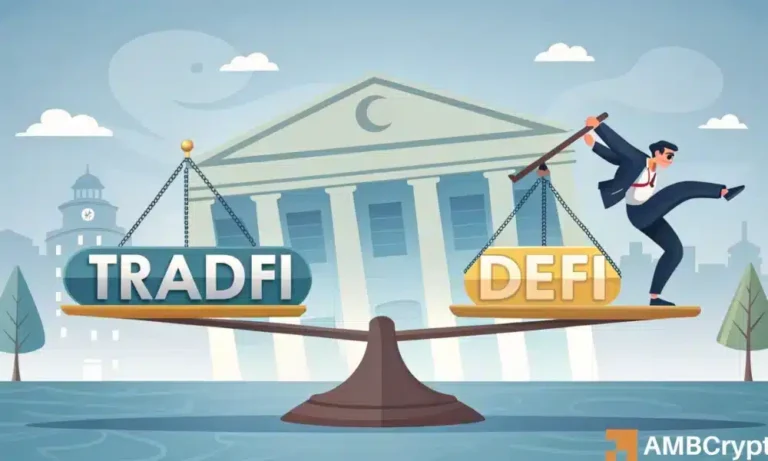Key Takeaways
How big is the problem?
The FBI logged about 11,000 complaints in 2024, with $247 million in losses, nearly double the cases from 2023.
How do these scams work?
Fraudsters pose as trusted figures, like relatives or government agents, and convince victims to “secure” money through a crypto ATM.
Crypto ATM scams are surging across Massachusetts, leaving both businesses and individuals counting heavy losses as fraudsters exploit the machines for quick payouts.
Massachusetts sees a rise in crypto ATM scams
In one alarming case, a South Hadley business owner who rented out a crypto ATM for just $200 a month saw his employee duped by a scammer posing as him, resulting in an $11,000 loss that police have yet to recover.
In fact, reports suggest that victims have lost tens of thousands of dollars, including one resident scammed out of $48,000.
Police Chief Jennifer Gundersen said,
“We’re finding that these are irreversible, untraceable, nearly impossible for us to investigate, but we spent dozens and dozens and dozens of hours [investigating].”
Middlesex County Sheriff Peter Koutoujian further revealed that the FBI logged around 11,000 complaints in 2024 involving crypto kiosks, totaling $247 million in losses, a 99% jump in cases from 2023.
Solution offered by Massachusetts lawmakers
Thus, to combat the surge, Massachusetts lawmakers are weighing new consumer protection laws (H 1247 / S 707) that would license operators, cap transactions at $1,000 per customer, and mandate kiosk reporting.
But South Hadley officials want to go further. They are proposing a full ban modeled after Waltham and Gloucester, giving businesses 30 days to remove crypto ATMs or face $300 daily fines.
For those unaware, these schemes typically start with a scam call from someone posing as a trusted figure, like a family member or government agent, convincing victims to “secure” their money through a crypto ATM.
Unlike traditional ATMs, these machines let users deposit cash that’s instantly converted into cryptocurrency and sent to untraceable digital wallets.
Noting victims often think they’re protecting their funds, Anita Wilson of the Northwestern DA’s Consumer Protection Unit noted,
“Sometimes people are told the ATMs were government ATMs.”
Thus, now, with about a dozen such machines across Hampshire and southern Franklin counties, business owners earn small rental fees and transaction cuts, unknowingly enabling scammers.
Other countries and their efforts to combat such scams
This coincided with Australia’s latest move, underscoring a growing global push to rein in crypto ATM fraud.
By imposing transaction limits, mandatory ID checks, and visible scam alerts, AUSTRAC aims to strike a balance between innovation and security.
Finally, these regulations could serve as a model for other nations struggling with similar challenges in the rapidly evolving crypto landscape.







